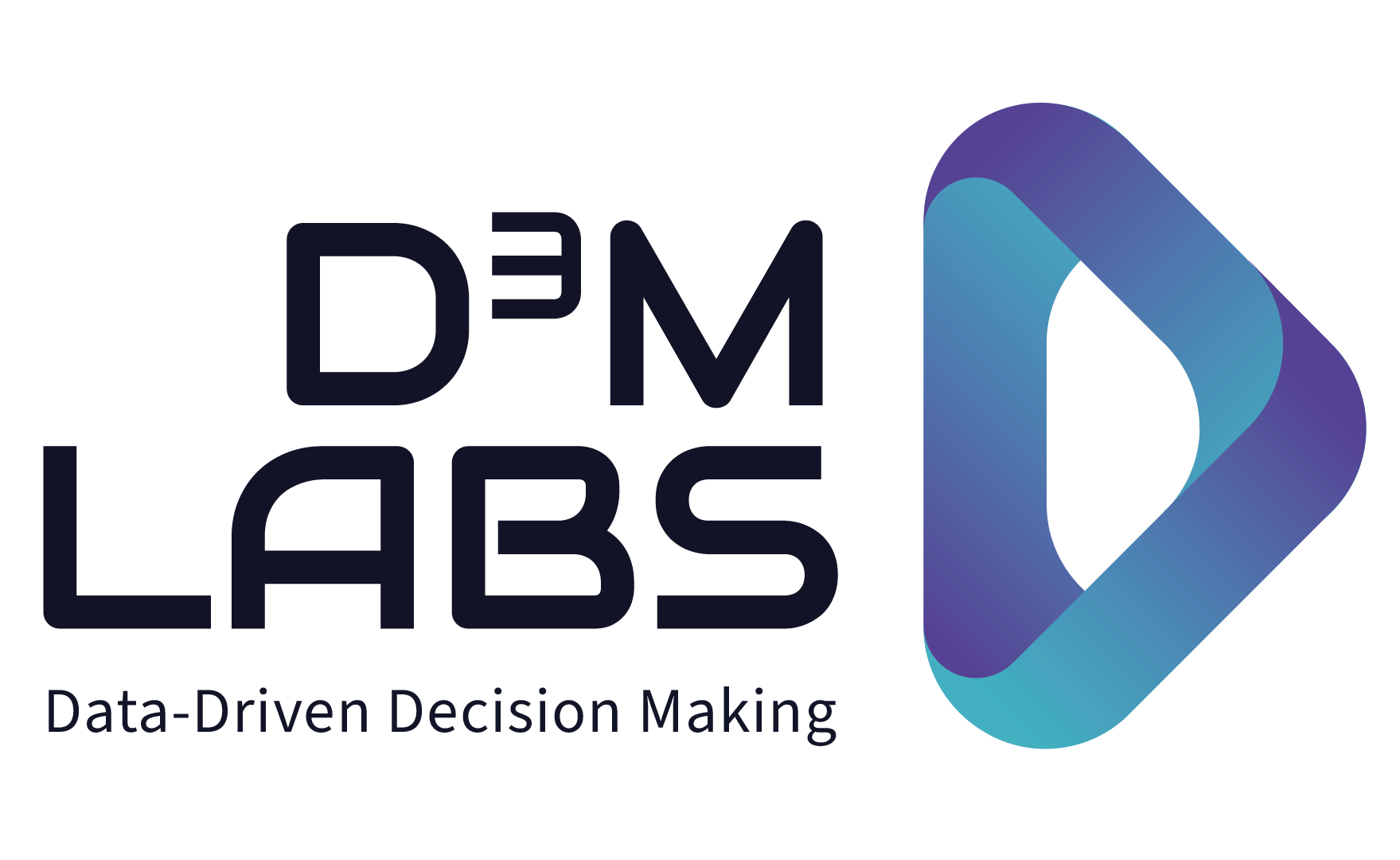Despite being enablers for efficiency and effectiveness, operations and processes are dirty words in the startup scene. There is a wide-spread perception that startups need to be “agile” and “disrupt,” and that means working in ad-hoc fashion and doing things that seem to be the priority of the moment.
As a data-leader, I found that processes were the secret sauce of why my teams were able to achieve their goals and beyond.
Here are a few critical processes that should be present in every data operations:
- Scrum and agile processes: For example, an intake mechanism for tasks, prioritization mechanisms, Sprint Planning, Backlog Grooming, Retrospectives. These artifacts helped create iterative development, feedback loops and empowered the team. It also gave clarity and transparency to stakeholders.
- Data Governance processes to monitor, measure and improve data quality: Many data teams are under a constant barrage of questions why two dashboards don’t match up, why some numbers aren’t appearing. Firefighting can take up more than half of a data team’s time, which will seriously impede the ROI you get from these expensive professionals. Setting up a system and processes to monitor quality and governance will give your team control of their assets, as well as their time. Setting up data governance and monitoring processes is an upfront investment that will save you time and money on purely operational basis, in addition to helping you avoid very expensive fines and PR disasters that come with non-compliance.
- Security and data-privacy by design: Every element of your stack and every step of the journey your data takes from ingestion to the decision making should be secure and privacy-compliant. A security-aware and data-privacy compliant data team needs to have mature operations and set processes so that.
- Compliance-by design: In 2024, many regulations are coming onto the market. As businesses grow and want to do business with established players, they will have to adopt standards such as ISO 27001. Showing you have documented processes – and living those processes out – can be your ticket to play in a market.
- Impact measurement, stakeholder feedback processes: Get feedback from your stakeholders and measure the impact of your work. Moreover, create methods to find out why the impact is a certain level and what the drivers are. Understanding the WHY will help you improve.
Processes need to enable the company to work more effectively and efficiently. Here are some ways to start the journey of implementing operations in your company.
- Identify the critical processes that you need to run your business, including compliance standards you need to meet, and start with those.
- Keep it simple stupid. KISS applies here too. Processes that are simple are more likely to be adopted.
- Measure, monitor, review, update. Make sure your processes are fulfilling their mission and adding value.
As a leader in digital business, I see many competitive imperatives for product operations, including:
⚙️Product development: Data-informed decisions regarding features and the development process are usually better.
💖Consistency in customer experience: Operations creates consistency, satisfaction and loyalty by design.
💰Profitability and growth: Good operations will enable you to grow faster than the competition in a way that is healthy for your bottom line.
Here is the full conversation on D3M Labs YouTube Channel:

